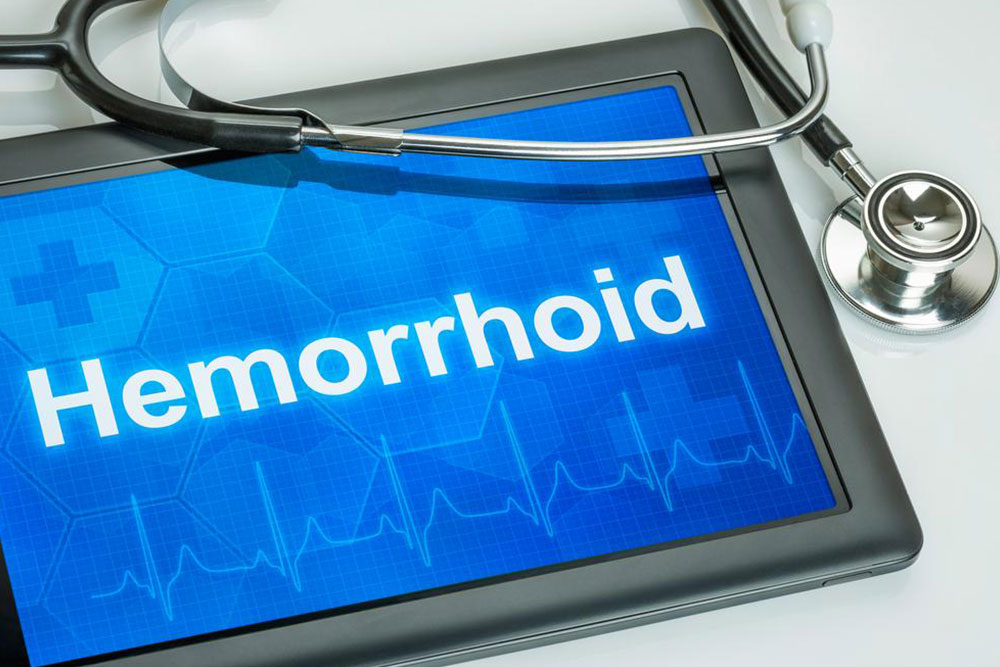Understanding Hemorrhoids: Causes and Effective Treatment Options
Discover the main causes of hemorrhoids, including lifestyle factors and pregnancy, and learn effective treatment options such as dietary adjustments, topical creams, and minimally invasive procedures. Early diagnosis and proper care can help alleviate symptoms and prevent complications.
Sponsored

Hemorrhoids occur when veins around the rectal area swell, a common issue affecting many adults—about 75% experience it at some point. Blood clots can form, causing significant pain. Symptoms often include bleeding during bowel movements. While the exact causes are not fully understood, factors like increased pressure during bowel movements, prolonged sitting, chronic constipation or diarrhea, obesity, pregnancy, previous rectal surgeries, spinal injuries, and poor posture contribute to hemorrhoid development. Early diagnosis and treatment are essential for relief.
Straining during bowel movements: Excessive pushing increases pressure on rectal veins, leading to swelling.
Prolonged toilet sitting: Extended periods on the toilet raise pressure in anal blood vessels, causing swelling.
Chronic constipation or diarrhea: Both conditions exert stress on rectal blood vessels, leading to inflammation.
Obesity: Excess weight increases pressure on blood vessels, promoting hemorrhoids.
Pregnancy: Uterine expansion compresses veins, and hormonal changes weaken supporting muscles.
History of rectal surgery: Past surgeries may weaken tissue, raising risk.
Spinal injuries and posture problems: Misalignments or injuries can contribute to hemorrhoid formation.
Treatment Approaches
Early detection through simple exams allows timely intervention. Treatment options include:
High-fiber foods: Consuming fruits, vegetables, and whole grains eases stool passage.
Topical medications: Hemorrhoid creams with corticosteroids reduce inflammation.
Warm sitz baths: Soaking in warm water for 10-15 minutes alleviates pain and maintains hygiene.
Moist cleaning: Using wet wipes instead of dry toilet paper prevents irritation.
Mild cases can be managed with creams, while severe cases may require procedures like injections or rubber band ligation.






